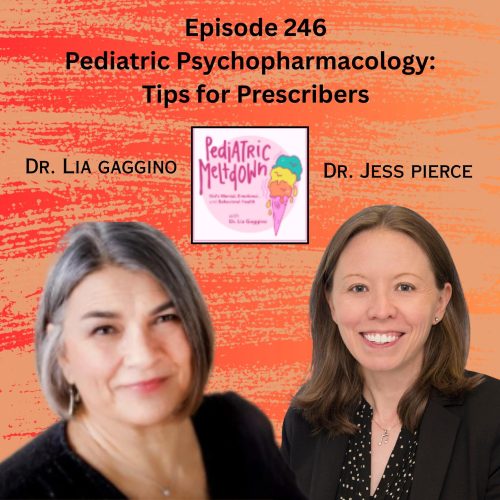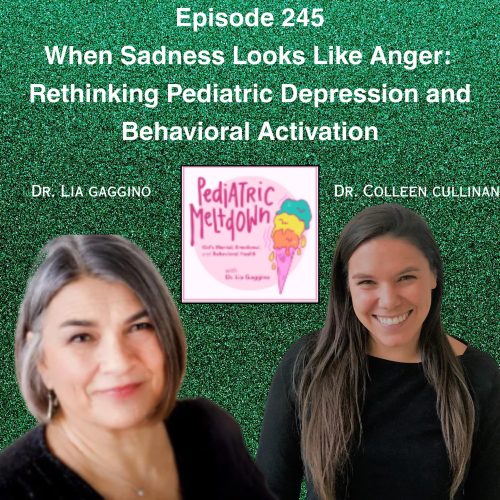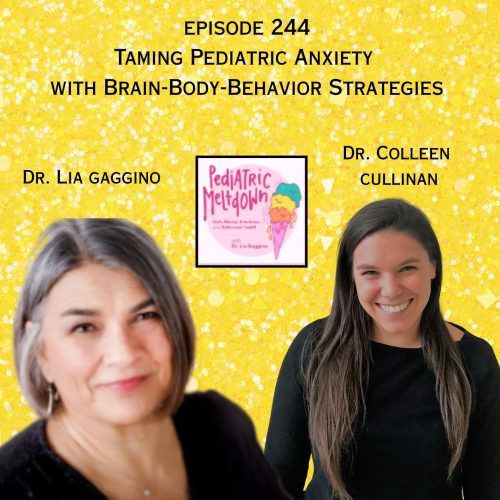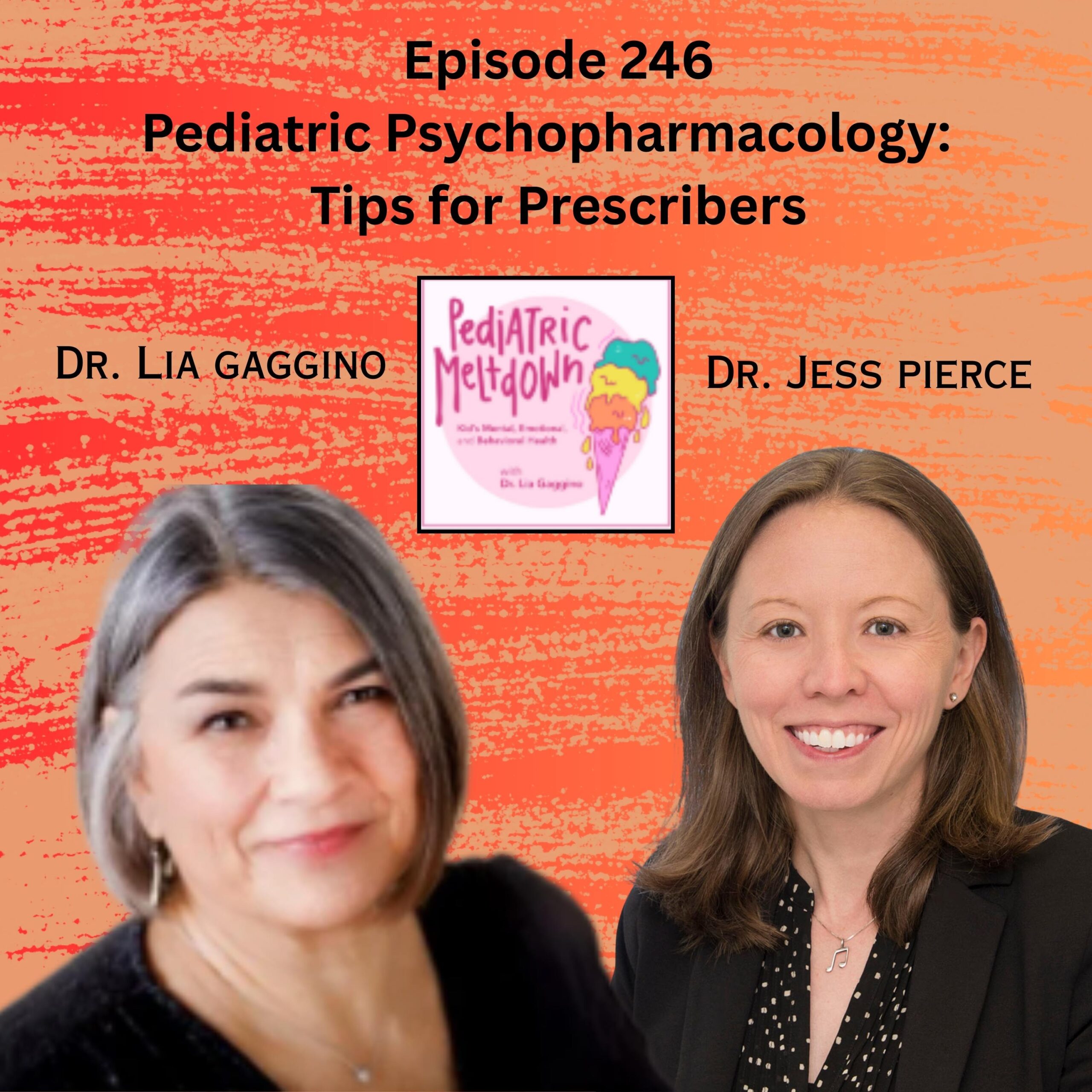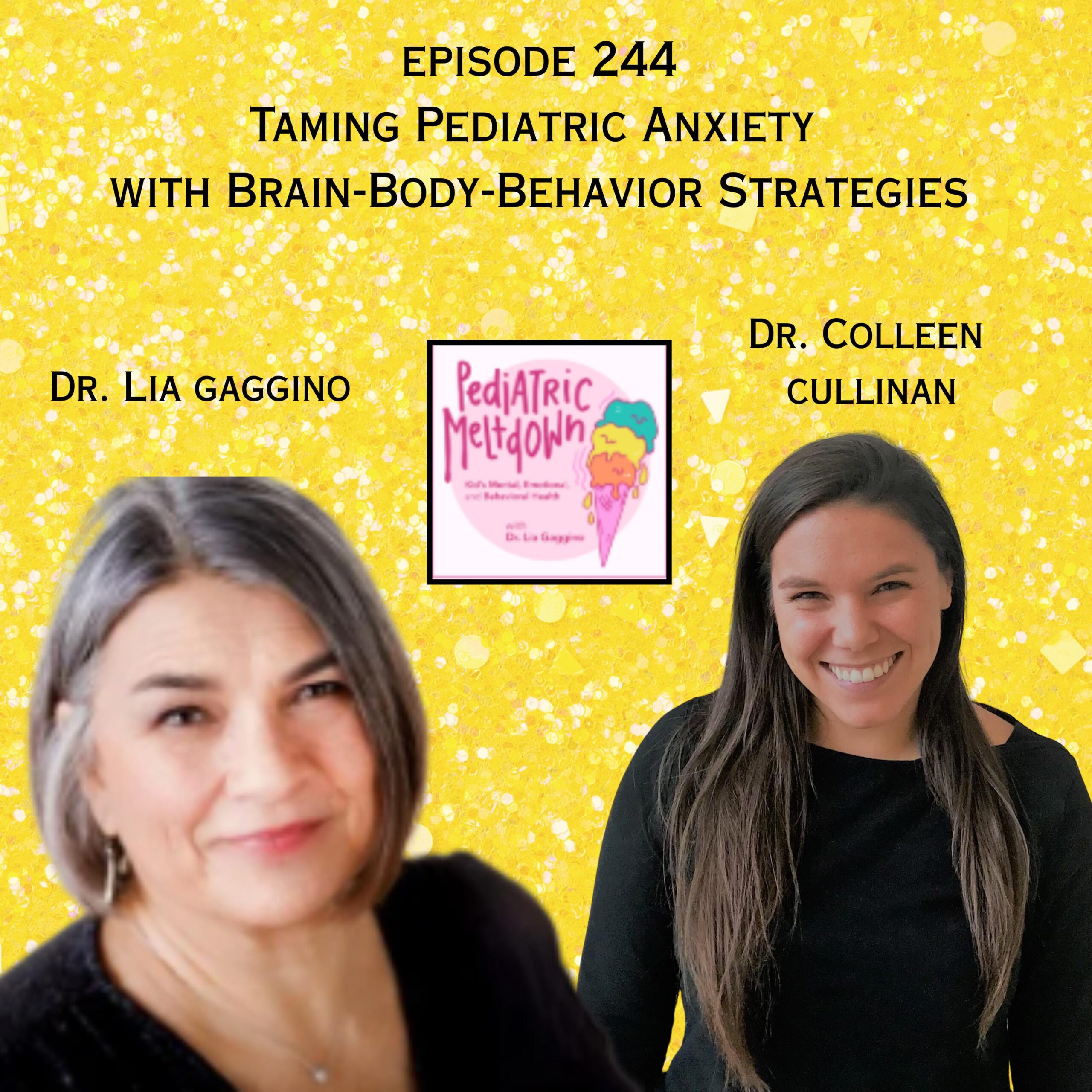As the only pediatrician in her Native American community, Dr. Empey’s insights and first-hand experiences offer a valuable perspective on the need for better representation and improved healthcare access. Dr. Gaggino and Dr. Empey urge all of the listeners, (especially all you early career physicians), to step up and take leadership roles at every level within the medical community. We cannot afford to ignore the health inequities faced by marginalized populations, including American Indian and Alaska Native children. Let us learn from the historical traumas that have shaped their communities and continue to impact their well-being. Through cultural competency, collaboration, and advocacy, we can prioritize their unique needs and ensure that their voices are heard. It is our call to action to dismantle systemic barriers and work towards healing and justice. The journey may be challenging, but the rewards of creating a more equitable and inclusive healthcare system for all are immeasurable. Together, we can pave the way for a brighter future, leaving no child behind.
[03:20-10:21] Challenges and Strengths of American Indian and Alaskan Native Children and Youth
- Many pediatricians may not realize they have children from tribal communities in their practices
- Consider the cultural, religious, and spiritual practices of these children and their families in providing care
- Majority of American Indian and Alaskan Native population live off reservations, in urban centers
- Urban population seeks care at children’s hospitals due to limited IHS or tribal facilities
- Language, cultural, and historical diversity among different tribes need to be acknowledged and respected
[10:22- 16:14] Historical Trauma and Health Inequities
- Contextualizing health inequities within the historical traumas faced by American Indian and Alaskan Native communities
- Impact of colonization, diseases, boarding schools, termination of tribes, and relocations on communities
- Examples of personal and intergenerational traumas, such as the Trail of Tears and Indian boarding schools
- Loss of culture, language, and family connectedness due to boarding school experiences
- Effects of relocations on access to traditional foods, opportunities for employment, and increased poverty levels
[16:15 -21:25] Health Outcomes and Concerns for Kids
- Mental health concerns, including an increased risk of suicide
- Obesity and type 2 diabetes
- Cardiovascular risk factors and hypertension
- Lack of safe places for kids to play in some communities
- Limited access to fresh fruits and vegetables due to food deserts
[21:26 – 27:17] Methods for Stress Reduction
- Practicing mindfulness and meditation
- Engaging in regular physical activity
- Socializing and spending time with loved ones
- Engaging in hobbies and recreational activities
- Seeking professional help or therapy when needed
[27:18 – 31:44] Closing segment Takeaway
Links to resources mentioned on the show
- AAP Caring For American Indian and Alaskan Native 2021 Policy Statement: https://publications.aap.org/pediatrics/article/147/4/e2021050498/180860/Caring-for-American-Indian-and-Alaska-Native?autologincheck=redirected
- AAP Site for Patient Care AI/AN – https://www.aap.org/en/patient-care/native-american-child-health/
- AAP Guide Demographics and Health Status AN/AI Youth: https://www.aap.org/en/patient-care/native-american-child-health/demographics-and-health-status-of-aian-children/
- Missing Indigenous Women and Girls: https://www.uihi.org/resources/mmiwg-we-demand-more-partner-toolkit/
Other episodes you may like:
128 Trauma and Resilience: Connect Before You Correct
113 Advocate for Kids: “#PutKids1st
Key quotes for Twitter:
“I probably chose pediatrics before I chose which medical school. And so it’s just been a joy getting to go into pediatrics.”… Dr. Allison Empley on why she went into pediatrics
“Yeah, I think the policy statement really has some really tangible things that pediatricians can do on the individual level or at their practice level”… Dr. Allison Empley on what clinicians can do to help the community
THANK YOU FOR YOUR SUPPORT!
Pediatric Meltdown was listed as a Top 20 Pediatric Podcast on FeedSpot.
If you’d like to connect with me, you can Tap the “What Are Your Thoughts” button at the top of the notes or you can find me on LinkedIn, Facebook, Instagram, and Twitter, or email me at [email protected] or [email protected]. To learn more about me visit https://www.medicalbhs.com/
LOVE WHAT YOU HEARD? Leave us a 5-star review so we can continue to provide you with great content. Share this episode and help people know more about children’s health and well-being.



